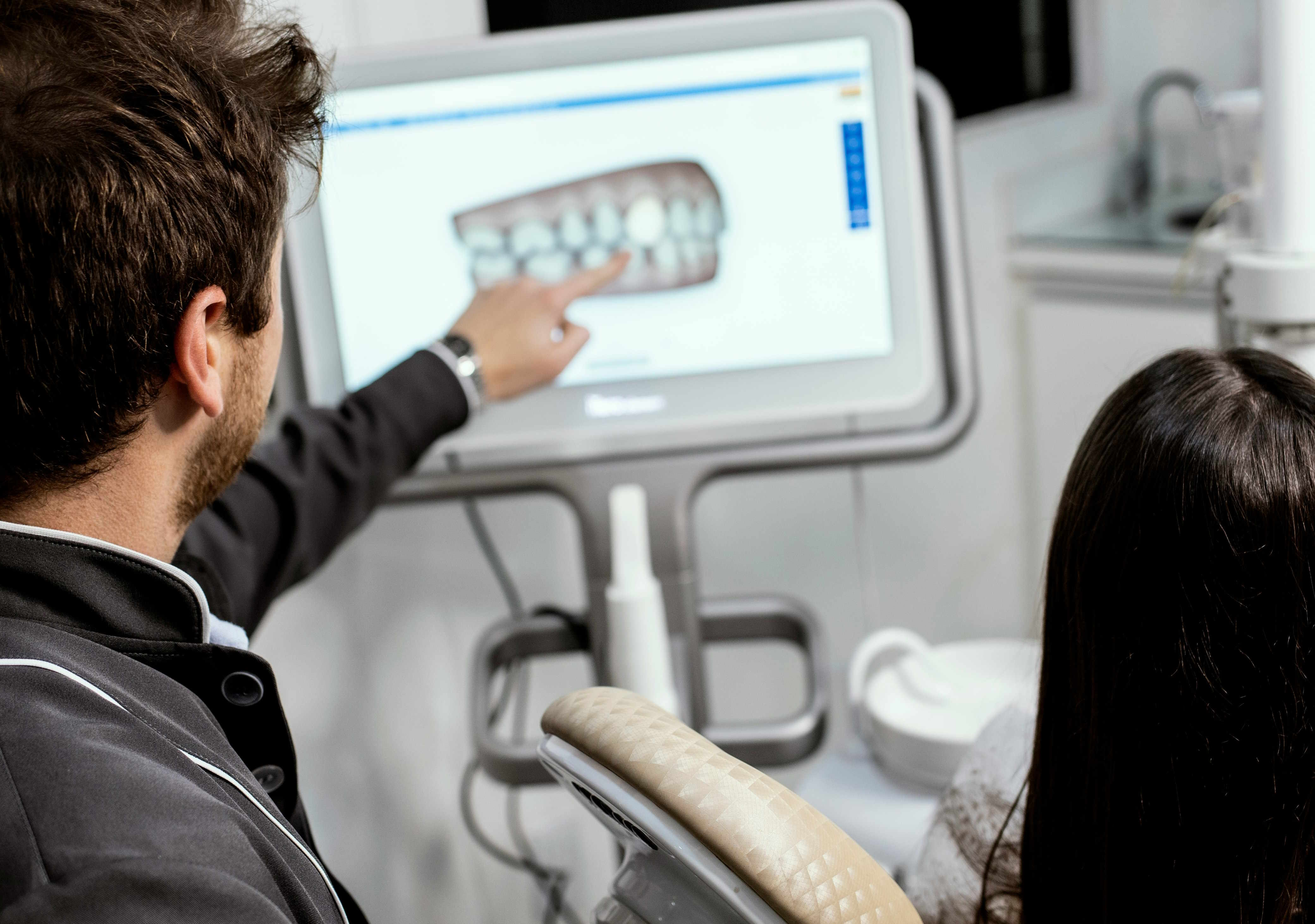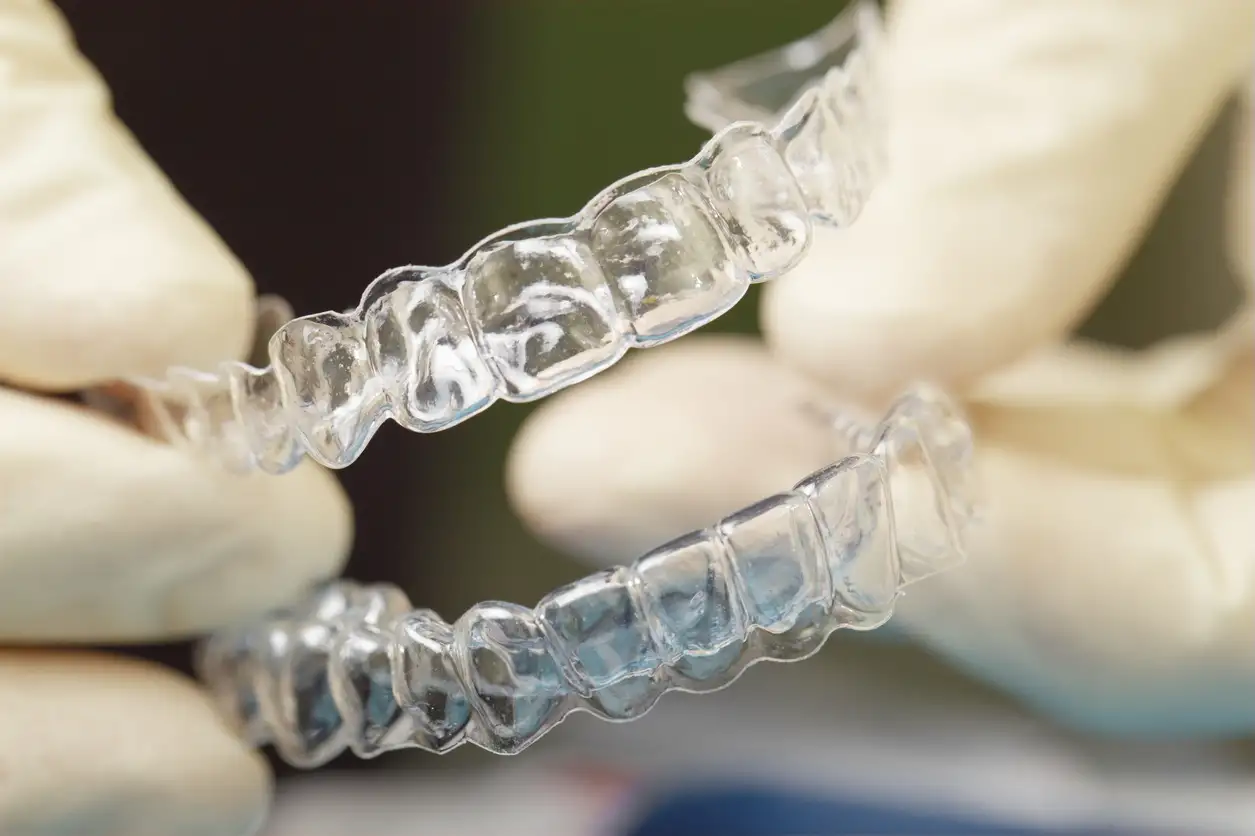Thinking About Dental Implants in 2025? Here’s What You Should Know First
Dental implants have become a popular and reliable solution for replacing missing teeth. With new techniques and materials emerging each year, it’s important to understand how implants work, what affects the total cost, and how to choose the right approach. In 2025, patients have more options than ever before—knowing what to expect can help you make a confident and informed decision.

How do dental implants work, and what are they made of?
Dental implants are artificial tooth roots that provide a permanent base for fixed replacement teeth. Typically made of titanium, these implants are surgically placed into the jawbone where they fuse with the natural bone in a process called osseointegration. This creates a sturdy foundation for the visible part of the replacement tooth, known as the crown. In 2025, we’re seeing an increase in the use of zirconia implants as an alternative to titanium, offering a metal-free option for those with sensitivities or allergies.
The implant itself consists of three parts: the implant body (the “root” that fuses with the bone), the abutment (a connector that supports the crown), and the crown (the visible part that looks like a natural tooth). Advanced materials and manufacturing techniques have improved the durability and natural appearance of these components, making dental implants an increasingly popular choice for tooth replacement.
What factors influence the cost of dental implants in 2025?
The cost of dental implants in 2025 varies widely depending on several factors. The complexity of the case, the number of implants needed, and the type of restoration required all play a role in determining the final price. Additionally, the use of advanced technologies such as 3D printing for custom implants or computer-guided surgery can affect the overall cost.
Geographic location also impacts pricing, with urban areas typically charging more than rural locations. The experience and reputation of the dental professional performing the procedure is another significant factor. It’s important to note that while the initial cost of implants may be higher than other tooth replacement options, their longevity and functionality often make them a cost-effective choice in the long run.
| Implant Type | Provider | Cost Estimation (per tooth) |
|---|---|---|
| Single Titanium Implant | National Dental Chain | $3,000 - $4,500 |
| Zirconia Implant | Boutique Dental Clinic | $4,000 - $5,500 |
| All-on-4 Full Arch | Specialized Implant Center | $20,000 - $30,000 per arch |
Prices, rates, or cost estimates mentioned in this article are based on the latest available information but may change over time. Independent research is advised before making financial decisions.
What are the differences between single-tooth and full-mouth implants?
Single-tooth implants are designed to replace individual missing teeth. They consist of one implant, an abutment, and a crown. This option is ideal for patients who have lost one or a few teeth due to decay, injury, or other reasons. The procedure is relatively straightforward and can often be completed in a few appointments.
Full-mouth implants, on the other hand, are used when all or most teeth in the upper or lower jaw need to be replaced. This can involve multiple individual implants or advanced techniques like the All-on-4 or All-on-6 systems, where a full arch of teeth is supported by four or six strategically placed implants. These solutions offer a more comprehensive approach to tooth replacement and can significantly improve a patient’s quality of life.
What should patients expect during recovery and aftercare?
Recovery from dental implant surgery has become more manageable thanks to advances in surgical techniques and materials. Immediately after the procedure, patients may experience some swelling, bruising, and discomfort, which can typically be managed with over-the-counter pain medication. Most people can return to work within a day or two, although full healing of the implant site takes several months.
Proper aftercare is crucial for the success of dental implants. This includes maintaining excellent oral hygiene, avoiding hard or sticky foods during the initial healing period, and attending regular follow-up appointments. In 2025, we’re seeing the integration of smart technologies that can monitor the healing process and alert patients and dentists to any potential issues early on.
How can patients choose a qualified dental implant provider?
Selecting the right dental implant provider is critical for achieving optimal results. Look for dentists or oral surgeons who have specific training and extensive experience in implantology. Board certification and membership in professional organizations such as the American Academy of Implant Dentistry can be good indicators of expertise.
When researching potential providers, consider their use of advanced technologies like 3D imaging and computer-guided implant placement. These tools can improve precision and outcomes. Don’t hesitate to ask for before-and-after photos of previous patients or to request references. A reputable provider should be transparent about their qualifications, success rates, and the technologies they use.
What innovations are shaping the future of dental implants?
The field of dental implants is continually evolving, with several exciting developments on the horizon for 2025 and beyond. Bioactive materials that promote faster osseointegration are being developed, potentially reducing healing times. 3D-printed custom implants are becoming more common, offering a perfect fit for each patient’s unique anatomy.
Nanotechnology is also making its mark, with implant surfaces designed to repel bacteria and reduce the risk of infection. Additionally, stem cell research shows promise for regenerating natural teeth, which could eventually provide an alternative to traditional implants. As these technologies mature, patients can look forward to even more efficient, comfortable, and long-lasting tooth replacement options.
In conclusion, dental implants in 2025 offer a sophisticated and reliable solution for tooth replacement. With advancements in materials, techniques, and technology, patients can expect improved outcomes and a more streamlined experience. By understanding the process, costs, and what to look for in a provider, you can make an informed decision about whether dental implants are the right choice for your oral health needs.




